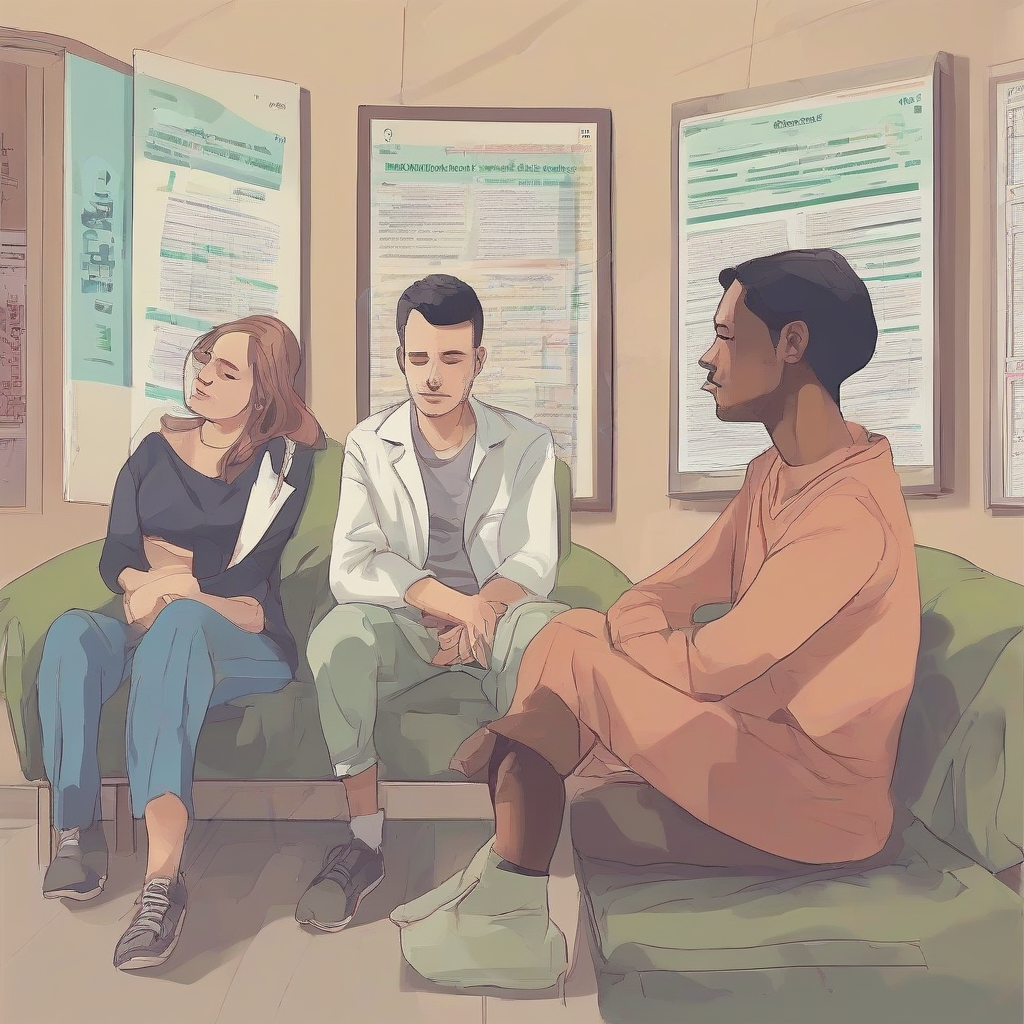Couples Drug Treatment Centers: A Comprehensive Guide to Recovery
Substance abuse significantly impacts not only the individual struggling with addiction but also their partners and families. The strain on relationships can be immense, leading to conflict, resentment, and ultimately, further damage. Recognizing this interconnectedness, couples drug treatment centers offer a specialized approach to healing, focusing on the recovery of both partners simultaneously.
Understanding the Need for Couples Treatment
Traditional individual therapy often fails to address the systemic issues within a relationship affected by addiction. While individual treatment is crucial for addressing personal triggers and developing coping mechanisms, it often leaves the partner feeling isolated and unsupported. Couples treatment acknowledges that addiction is not just an individual problem but a relational one. It provides a safe and structured environment for both partners to explore the impact of addiction on their lives, rebuild communication, and learn to navigate their relationship moving forward.
- Improved Communication: Couples therapy teaches healthy communication skills, helping partners express their feelings and concerns constructively.
- Addressing Relational Trauma: Addiction often inflicts significant emotional and psychological trauma on partners. Couples treatment addresses these wounds and promotes healing.
- Shared Responsibility: The program emphasizes shared responsibility for recovery. Partners learn how to support each other and avoid enabling behaviors.
- Strengthening Bonds: By focusing on rebuilding trust and intimacy, couples treatment fosters a stronger and healthier relationship.
- Preventing Relapse: A supportive partner plays a vital role in preventing relapse. Couples therapy equips partners with the tools to provide effective support.
Types of Couples Drug Treatment Centers
Couples drug treatment programs vary in their approach and intensity. The best option depends on the specific needs of the couple and the severity of the addiction.
- Inpatient Programs: These programs provide intensive, 24-hour care in a residential setting. Couples live together during treatment, participating in individual and couples therapy sessions.
- Outpatient Programs: Outpatient programs offer more flexibility, allowing couples to continue living at home while attending therapy sessions. This option is suitable for couples with less severe addiction and strong support systems.
- Intensive Outpatient Programs (IOPs): IOPs provide a more structured approach than traditional outpatient programs, with several therapy sessions per week.
- Specialized Programs: Some centers specialize in specific types of addiction, such as opioid addiction or alcohol dependence. Choosing a center that specializes in the specific addiction faced by the couple can be highly beneficial.
What to Expect During Couples Treatment
The structure of a couples drug treatment program varies, but typically includes a combination of individual and group therapy, couples counseling, and educational workshops.
Individual Therapy
Individual therapy allows each partner to address their personal issues related to the addiction. This may include exploring underlying trauma, developing coping mechanisms, and addressing any co-occurring mental health disorders.
Couples Therapy
Couples therapy focuses on improving communication, rebuilding trust, and resolving conflicts. Therapists use various techniques to help couples understand each other’s perspectives, identify unhealthy patterns, and develop healthy ways to interact.
Group Therapy
Group therapy provides a supportive environment where couples can share their experiences with others facing similar challenges. This can be particularly helpful in reducing feelings of isolation and shame.
Educational Workshops
Educational workshops provide information about addiction, recovery, and relapse prevention. These workshops equip couples with the knowledge and skills they need to navigate the challenges of recovery together.
Finding the Right Couples Drug Treatment Center
Choosing the right treatment center is crucial for successful recovery. Factors to consider when selecting a center include:
- Accreditation and Licensing: Ensure the center is accredited by a reputable organization and licensed by the state.
- Therapist Qualifications: Look for therapists with experience treating addiction and couples therapy.
- Program Structure: Consider the type of program (inpatient, outpatient, IOP) that best suits the couple’s needs.
- Treatment Modalities: Explore the different treatment modalities offered, such as Cognitive Behavioral Therapy (CBT), Dialectical Behavior Therapy (DBT), and others.
- Cost and Insurance Coverage: Investigate the cost of treatment and whether insurance covers the services.
- Location and Accessibility: Choose a center that is conveniently located and accessible to both partners.
- Support Systems: Consider the availability of aftercare services and support groups to aid in long-term recovery.
Addressing Specific Challenges in Couples Drug Treatment
Couples undergoing drug treatment face unique challenges. Open communication and willingness to participate are vital. Other specific challenges often include:
- Trust Issues: Betrayal and deception during the addiction period can severely damage trust. Repairing trust is a significant aspect of couples treatment.
- Anger and Resentment: Anger and resentment are common emotions for partners affected by addiction. Couples therapy provides a space to address these feelings constructively.
- Financial Strain: Addiction can create significant financial hardship. Addressing financial issues is often an important part of the recovery process.
- Co-occurring Disorders: Many individuals struggling with addiction also have co-occurring mental health disorders, such as depression, anxiety, or trauma. Addressing these disorders is critical for successful recovery.
- Differing Levels of Commitment: One partner might be more committed to recovery than the other, creating tension and challenges within the relationship.
Long-Term Success and Aftercare
Successful completion of a couples drug treatment program is just the beginning of the journey to recovery. Long-term success requires ongoing support and commitment from both partners. Aftercare planning is essential, and may include:
- Continued Therapy: Regular therapy sessions help maintain progress and address any emerging challenges.
- Support Groups: Support groups such as Al-Anon or Nar-Anon provide a sense of community and shared experience.
- Relapse Prevention Planning: Developing a relapse prevention plan helps identify potential triggers and develop strategies to cope with them.
- Healthy Lifestyle Changes: Adopting healthy habits, such as regular exercise and a balanced diet, contributes to overall well-being.
Conclusion (Omitted as per instructions)

